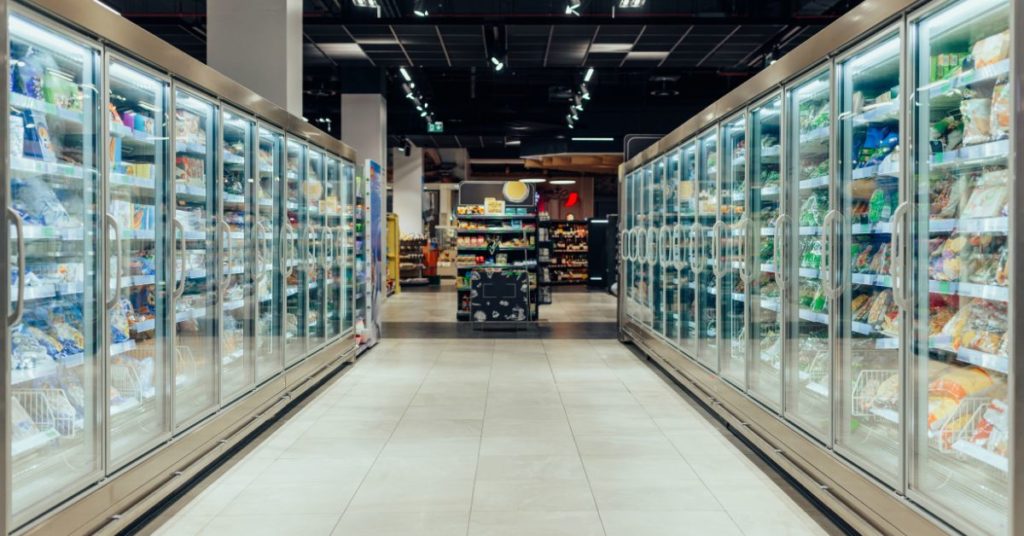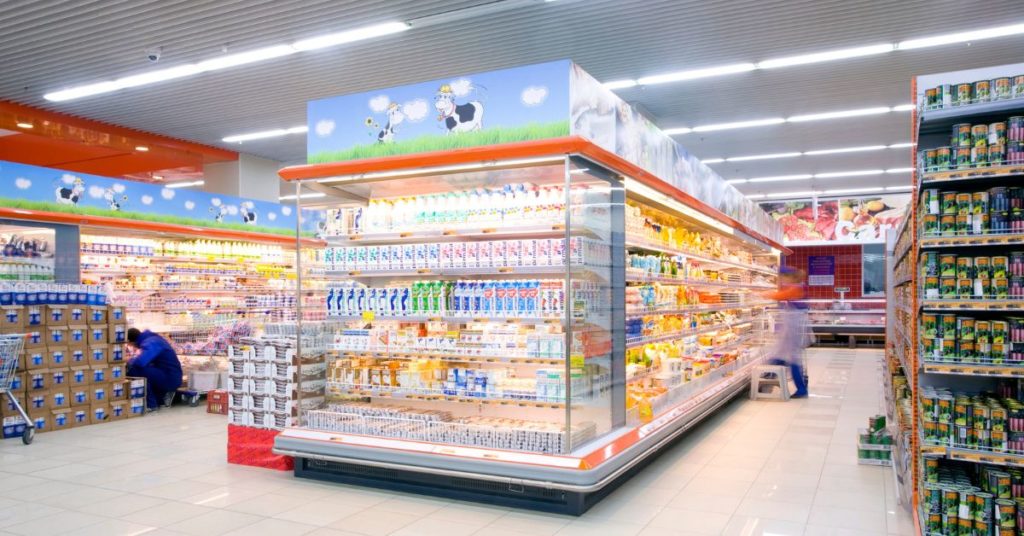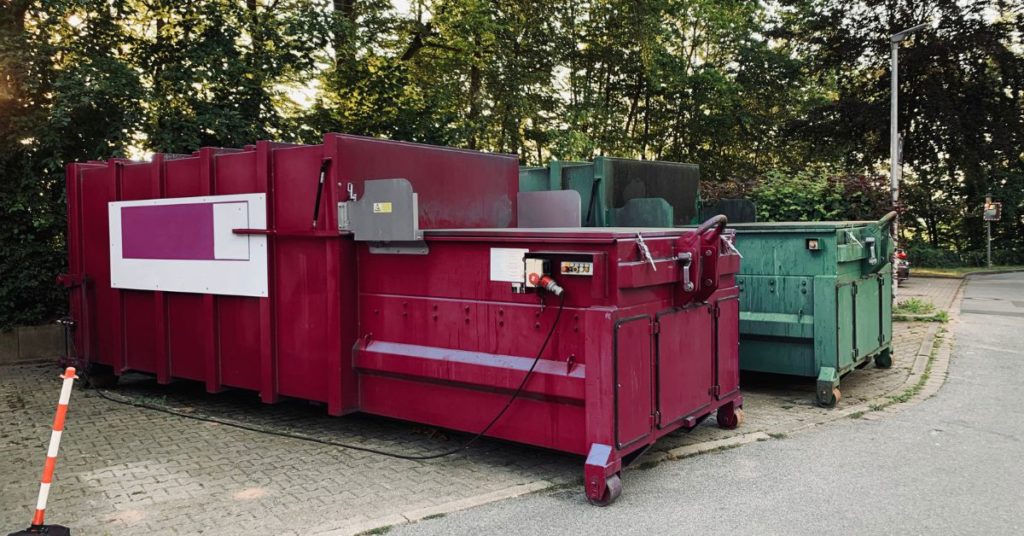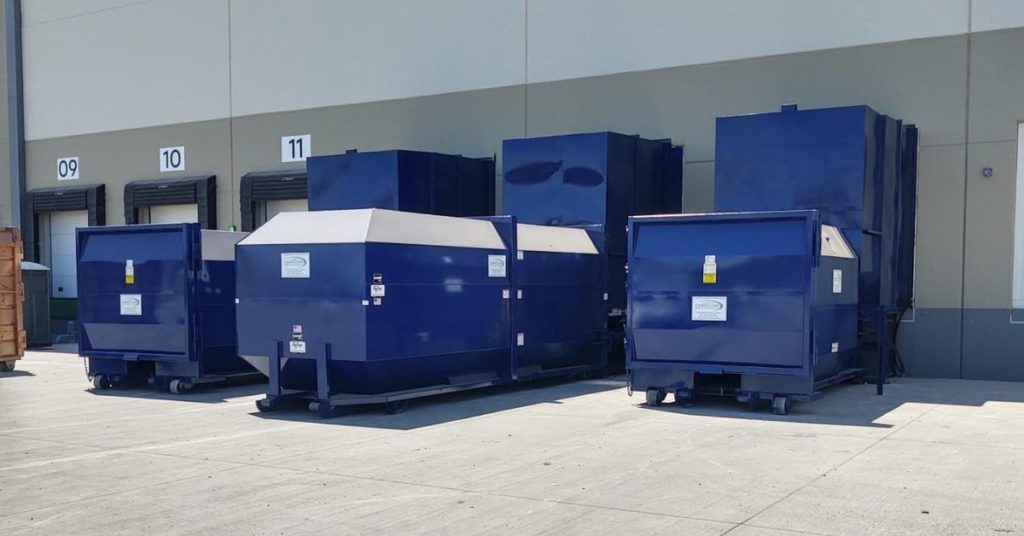Sustainability has become a high-priority concern for supermarket managers and sustainability advocates as consumers increasingly prefer supporting businesses with eco-conscious practices. Beyond meeting customer expectations, adopting sustainable practices reduces operational costs and builds environmental and social responsibility within the industry.
For supermarkets, embedding sustainability into everyday operations is a smart strategy and a critical necessity. Read on as we explore 10 sustainability best practices for supermarkets to implement that customers will appreciate.
Supermarkets Must Reduce Food Waste
Reducing food waste is among the most influential sustainability practices a supermarket can adopt. Start by closely monitoring inventory to minimize overstocking and spoilage. Supermarkets should use advanced inventory-management systems to predict demand based on trends and historical data to optimize stock levels appropriately.
Partnering with food banks or local charities can also divert surplus edible food to those in need. For instance, unsold fresh produce or bakery items can be donated daily, reducing food disposal costs and improving your community standing. Implementing initiatives such as imperfect produce sections, where slightly blemished fruits and vegetables are sold at discounted prices, also makes good business sense while championing sustainability.
Eco-Friendly Packaging Options
Single-use plastics are out; sustainable packaging is in. Switching to eco-friendly alternatives, such as compostable trays, biodegradable bags, or reusable containers, provides an excellent start toward reducing plastic waste. Consider working with suppliers who use minimal and recyclable packaging to further reduce your store’s ecological footprint.
Encourage customers to bring their own bags or opt for paper or reusable ones at the checkout. Additionally, supermarkets can offer rebates for customers who use refill stations for items like rice, pasta, or cleaning products. By making sustainable choices more appealing and convenient, supermarkets will effectively reduce waste from packaging.

Supermarkets Can Conserve Energy
Energy efficiency is a vital component of a sustainable supermarket. Large-scale refrigeration systems and lighting comprise most of a store’s energy consumption. Installing energy-efficient LED lights and motion sensors in aisles and storage rooms will significantly reduce energy wastage without compromising functionality.
Refrigeration systems should be optimized for efficiency by regularly servicing them to prevent leaks and using glass doors on display cases to retain cold air. Investing in renewable energy systems like solar panels is another step forward that also allows your store to reduce reliance on fossil fuels and cut electricity costs in the long run.
Optimize Recycling Programs
Recycling programs work best when they are streamlined and easy to execute. Supermarkets must make sure that materials like paper, cardboard, and plastics are properly sorted and processed. Installing a horizontal compactor will make waste processing more effective by compressing cardboard and other recyclables, further reducing storage needs and disposal costs.
Engaging suppliers to take back their packaging for recycling is another excellent strategy. Clear signage within the store highlighting recycling stations for customers reinforces the importance of responsible waste disposal while providing a clear path for action.
Source Sustainable Products
Ethical sourcing is gaining traction as a prominent sustainability focus for supermarkets. Stocking products from local, organic, or environmentally certified producers reduces carbon emissions from transportation but also supports local economies.
Focus on sourcing seafood certified by Marine Stewardship Council standards or selecting suppliers that align with Fair Trade principles. This reassures consumers that the products they buy meet ethical and sustainable production standards. Be transparent in communicating sourcing practices with customers to build trust and loyalty.
Implement Water Conservation Strategies
Minimizing water waste is another critical pillar of sustainability. Supermarkets can install water-efficient fixtures in restrooms, such as low-flow faucets and dual-flush toilets, to significantly cut water usage.
For food preparation areas, equipment optimized for water efficiency should be a priority. Collecting rainwater or using greywater recycling systems can support irrigation for landscaping and reduce the dependency on freshwater sources. Monitoring water usage with smart meters also provides actionable insights into areas where conservation efforts should intensify.

Engage Customers in Sustainability Efforts
Customer involvement is important to create meaningful impact through sustainability initiatives. Start by educating customers through in-store posters, digital signage, or social media about the sustainability practices in place at your supermarket. Providing workshops or informational sessions on reducing food waste at home can also build a stronger connection with your brand.
Curating loyalty incentives for environmentally friendly purchasing habits also drives customer participation. For instance, offer additional loyalty points for customers who opt for sustainable products or bring reusable bags. Actively promoting these initiatives reinforces your store’s image as a sustainability champion.
Make Green Building Practices Commonplace
Supermarkets can adopt green building practices that align with long-term sustainability goals. Retrofitting your building with energy-efficient insulation, HVAC systems, and windows reduces energy usage while maintaining optimal indoor temperatures.
Using sustainable building materials, such as reclaimed wood, recycled steel, or bamboo, can reduce your store’s construction footprint. Incorporating more natural lighting within store layouts will minimize reliance on artificial lighting. Supermarkets that prioritize green certification standards, like LEED or BREEAM, also attract environmentally conscious customers.
Measure and Report Sustainability Performance
Measuring and reporting are vital for understanding the success of sustainability initiatives. Use digital platforms to track metrics across energy usage, food waste, recycling progress, and overall emissions. Regularly review these reports to adapt and fine-tune strategies for improvement.
Publicly sharing annual or quarterly sustainability reports will add to your store’s credibility among environmentally conscious consumers. Transparency also fosters trust and demonstrates your store’s accountability and commitment to sustainable practices.
Supermarkets Can Promote Sustainability Through Staff Training
Employees act as sustainability ambassadors when properly trained. Educate staff members on the importance of sustainability in their daily responsibilities, whether it’s reducing energy usage in refrigerated sections or informing customers of the available recycling options.
Provide ongoing training where employees are equipped with the knowledge to promote new initiatives like sustainable packaging or eco-friendly products. Recognizing and rewarding sustainable contributions among staff boosts motivation and creates a workplace culture where sustainability is a shared value and a common goal.
The Future of Sustainable Supermarkets
Supermarkets have a tremendous opportunity to lead the charge in sustainability, not only by adopting practices that reduce their footprint but also by inspiring customers, suppliers, and employees to be part of the movement. Whether it’s leveraging horizontal compactors to optimize recycling programs or sourcing products locally to reduce transportation emissions, every small action contributes to a larger positive impact.
Your supermarket’s commitment to sustainability sets it apart as a responsible business and a pillar of the community. Start by partnering with Compactor Rentals of America to begin integrating ethical, sustainable waste management solutions.


